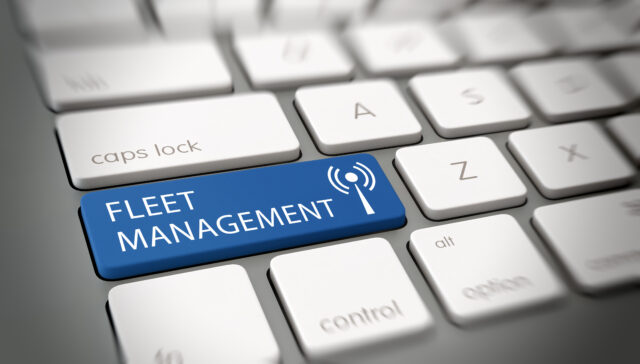ABS Blog
Get the latest on industry trends and ABS Tag & Title company news.

Fleet Fuel Fraud
August 29, 2023
The capital that businesses allocate to fuel their fleets is a significant line item in the budget. According to the 2023 report issued by the American Transport Research Institute, fuel costs increased 53.7% from 2021 to 2022. Failure to control this expense negatively impacts your company’s bottom line. To remain competitive, a company must control costs through effective fleet management protocols.
There are a variety of ways in which fleet fraud occurs. The use of dummy fuel tanks, purchasing items other than fuel or for personal vehicles, fuel card skimming, and fuel siphoning are some of the ways that a company’s bottom line is being impacted by fuel fraud.
Just as there are multiple ways to engage in fuel fraud, there are many ways to prevent it. Administrative and technological protocols can be deployed to detect and deter fraudulent activity. Administrative protocols include comparing receipts to the fuel card statements. If charges do not match up to tank capacity or mileage driven, fuel fraud may be occurring. Also observe the location of the fill-up. If it doesn’t coordinate with the route driven, it could be a sure sign of fuel fraud.
Technological protocols can include using highly developed telematics and digital payments. Similar to PayPal or Apple Pay, this technology is designed specifically for transportation and supply chain industries. These programs are proving very effective and advancing daily. They provide GPS tracking and use telematics to collect all vehicle and driver data necessary to detect fuel consumption and fraud.
Fleet managers should also consider using fuel tracking software to track expenses and monitor adherence to company policy. Fleet Management technology is emerging and developing quickly, so do some research to determine the best fit for your business.
Considerations for Adding Electric Vehicles to Your Fleet
May 19, 2023
According to Kelley Blue Book, Electric Vehicles (EVs) accounted for roughly 7% of car sales in January 2023. EVs are expected to claim 35% of market growth by the year 2028. There are many important factors to consider when making the decision to add EVs to your fleet.
The average length of journey for vehicles in your fleet is an important consideration. Depending on the size of its battery, an EV can safely drive 150 miles round trip. In colder months, power demands are higher, so charging will occur more frequently. If your fleet operates within a small radius, EV additions could be an efficient choice.
In addition to the initial cost of an EV fleet, repair and insurance prices must also be considered. Although the initial expense can be cost prohibitive, they typically need fewer repairs than gas powered vehicles. However, insurance costs are considerably higher for EVs and depreciation compared to gas powered vehicles is substantially higher. A study by iSeeCars calculated the depreciation rate at 52%, for Off-Lease versus 39.1% for the Top-10 Off-lease vehicles that are not fully electric.
Additional driving training for your employees should also be a consideration. There are some differences in the feel of driving an EV. The biggest difference is that, due to the battery, the vehicles are heavier. If your fleet commonly transports heavy goods, this may affect your top speeds as well. Before making the EV decision, make sure your drivers are well-trained in not only the mechanical differences, but the overall drive as well.

